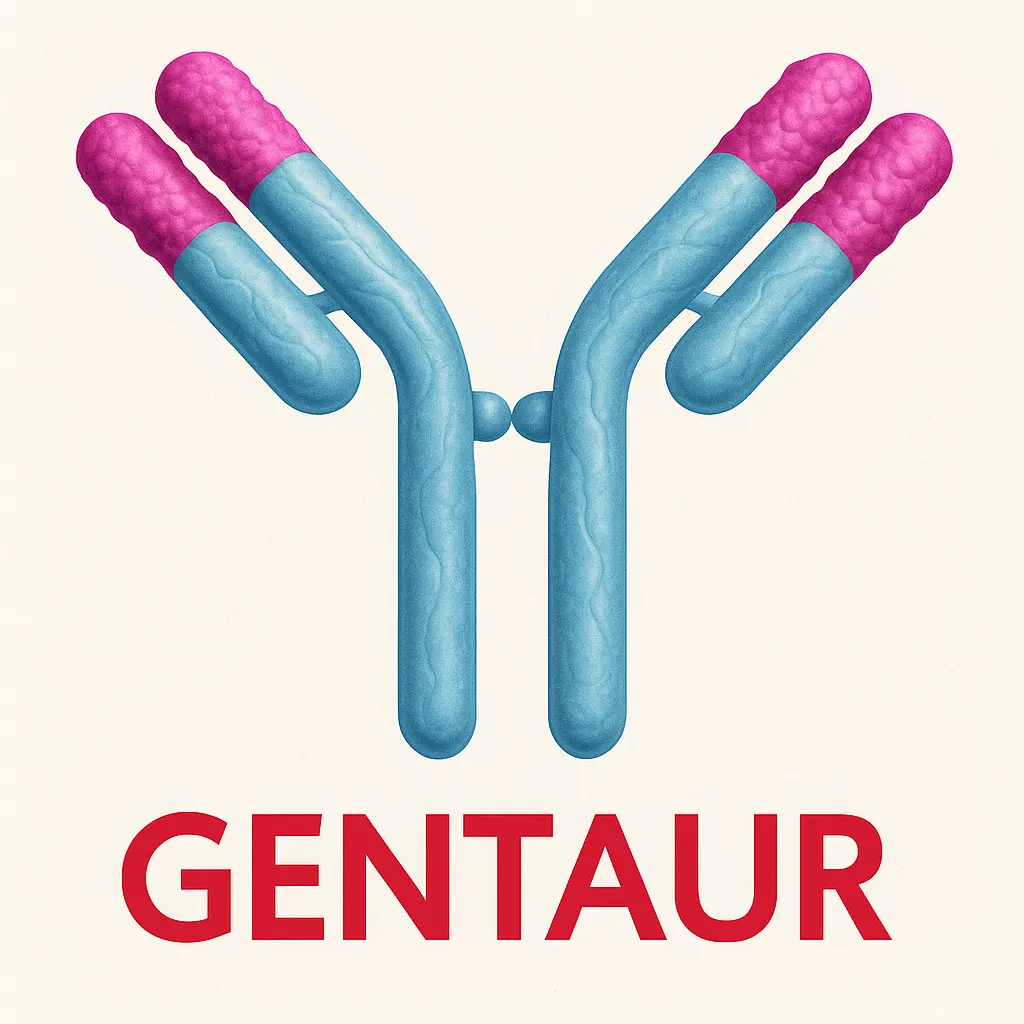ELISA DDB1 anti-
Quantity:100µg
Purification:Protein A+G purification
Form:liquid
Purity:?95% as determined by SDS-PAGE
Host:Mouse
Clonality:monoclonal
Clone ID:3A0
Isotype:IgG2a
Storage:PBS with 0.02% sodium azide and 50% glycerol pH 7.3,-20? for 12 months(Avoid repeated freeze / thaw cycles.)
Background:Required for DNA repair. Binds to DDB2 to form the UV-damaged DNA-binding protein complex(the UV-DDB complex). The UV-DDB complex may recognize UV-induced DNA damage and recruit proteins of the nucleotide excision repair pathway(the NER pathway) to initiate DNA repair. The UV-DDB complex preferentially binds to cyclobutane pyrimidine dimers(CPD), 6-4 photoproducts(6-4 PP), apurinic sites and short mismatches. Also appears to function as a component of numerous distinct DCX(DDB1-CµL4-X-box) E3 ubiquitin-protein ligase complexes which mediate the ubiquitination and subsequent proteasomal degradation of target proteins. The functional specificity of the DCX E3 ubiquitin-protein ligase complex is determined by the variable substrate recognition component recruited by DDB1. DCX(DDB2)(also known as DDB1-CµL4-ROC1, CµL4-DDB-ROC1 and CµL4-DDB-RBX1) may ubiquitinate histone H2A, histone H3 and histone H4 at sites of UV-induced DNA damage. The ubiquitination of histones may facilitate their removal from the nucleosome and promote subsequent DNA repair. DCX(DDB2) also ubiquitinates XPC, which may enhance DNA-binding by XPC and promote NER. DCX(DTL) plays a role in PCNA-dependent polyubiquitination of CDT1 and MDM2-dependent ubiquitination of TP53 in response to radiation-induced DNA damage and during DNA replication. DCX(ERCC8)(the CSA complex) plays a role in transcription-coupled repair(TCR). May also play a role in ubiquitination of CDKN1B/p27kip when associated with CµL4 and SKP2.
Immunogen:damage-specific DNA binding protein 1, 127kDa
Synonyms:DDB p127 subunit, DDB1, DDBA, DNA damage binding protein 1, DNA damage binding protein a, HBV X associated protein 1, UV damaged DNA binding factor, UV DDB 1, UV
Observed MW:127 kDa
Uniprot ID:Q16531
Reactivity:, Mouse, Rat
Tested Application:ELISA, WB, IHC, IF
Recommended dilution:WB: 1:500-1:2000; IHC: 1:200-1:800
Gene ID:1642
Research Area:Epigenetics, Metabolism
Our latest content
Check out what's new in our company !
Your Dynamic Snippet will be displayed here... This message is displayed because you did not provide both a filter and a template to use.

